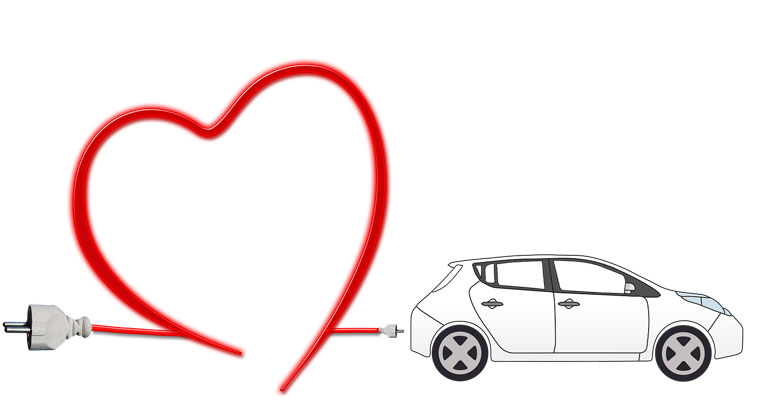Long live the car?
The fascination with cars continues unabated in Germany, the land of the automobile. At the current International Motor Show (IAA) in Munich, it seems as if climate change doesn’t even exist. Surprisingly for some, the car is gaining in attractiveness among 16- to 24-year-olds (HUK-COBURG “Mobility Study 2023).
Will Germany become a cycling country and e-car country
In 2023, 83 million Germans will own 48.8 million cars – more than ever before. But they also own 79 million bicycles, seven million of which are e-bikes.
In August 2023, one in three new cars purchased in this country was already electric. That is double the previous year’s figure. The German carmakers are late with their e-cars compared to the Chinese competition or Tesla. But they are catching up. In the EU, more e-cars were sold than diesel vehicles for the first time in June 2023. The future is electric. After all, e-cars are not gas guzzlers.
According to calculations by “SPIEGEL,” there are about 15% fewer cars on the roads in major cities such as Munich or Hamburg today than before the Corona era – and 8.5% fewer on freeways and highways – home offices relieve traffic. In addition, the 49-euro ticket is having a positive effect. However, we need buses and trains that are more punctual and better than today and that – in the age of digitalization – also run more frequently.
Of course, we won’t be able to do without cars in the future either – especially in rural areas. In a densely populated country like Germany, a change in transportation means not only switching to electric cars, but also more public transport and more cycling. In Germany, only eleven percent of journeys are made by bicycle, in Holland 27 percent. Switzerland spends four times more per capita on public transport than Germany.
No energy turnaround without a transport turnaround
Once again, the IAA shows that German automakers have stuck with the internal combustion engine for far too long. But the switch to electric alone will not bring about a change in traffic patterns. Nothing will change in terms of traffic jams if 48 million electric cars are driven in Germany in the future instead of today’s 48 million combustion engines. We need to convert car parking spaces back into bike and pedestrian paths and give rail a price advantage.
The traffic turnaround must also be socially just. A just traffic turnaround is a fair turnaround. Otherwise, driving a car will only be something for the rich in the future.
The Chinese are also ahead in social terms: their e-cars cost around a third less than German cars. A new car principle could be: leasing instead of owning or using instead of owning. Statistically, there are currently 1.5 people in a moving car in Germany – but it has four seats. If it were possible to increase the occupancy rate of a car to two people, this would already mean ten million fewer cars. And we could save ourselves around 160 hours of valuable time in traffic jams every year.
Source
Franz Alt 2023 | Translated with www.DeepL.com/Translator (free version)








